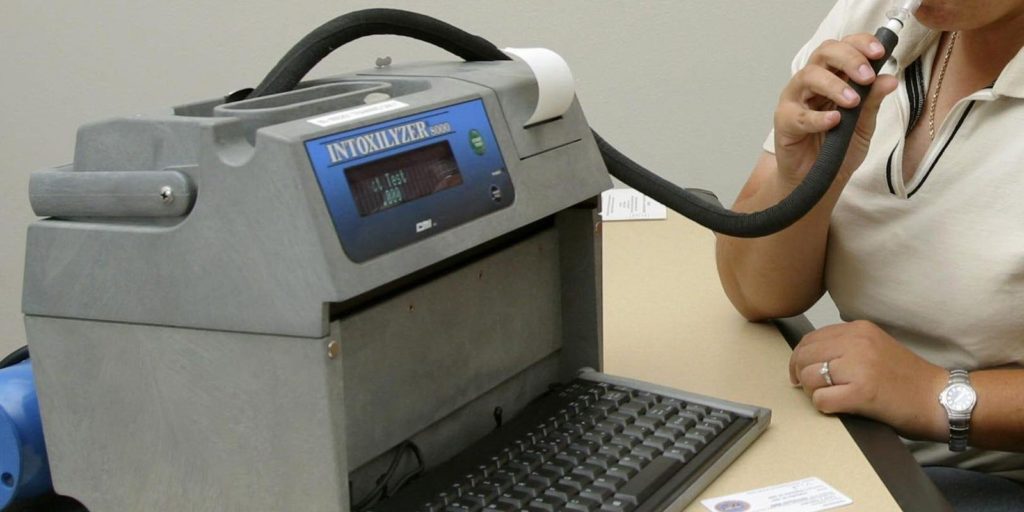BLOG
How to Beat a Refusal Charge
The simple answer on how to be found not guilty of a refusal charge: hope the police officer fails to use unequivocal language when making the demand.
Impaired driving is unique in that it is the only criminal offence in which you are forced to provide evidence against yourself and if you don’t, you will be charged with refusing to provide a sample of breath. When an individual is pulled over by the police on the side of the road, there is a significant power imbalance. Essentially, the police hold all the cards. There is little you can do other than follow along and comply with whatever the officer tells you to do, whether they are right or wrong.
This power imbalance is the reason why courts are often sympathetic to an accused in a refusal case. Most people are scared, don’t know what to do and despite their best intentions, refuse to provide a sample of breath.

Unequivocal Language for Demand
In a recent case, the accused was arrested for impaired driving care and control. When she was read her section 10(b) right to counsel, she told the officer the name of her lawyer and specifically stated that she wanted to speak to him. The accused was taken to the police station and at 12:24AM, the arresting officer found the phone number for the lawyer and called. Most likely as a result of the late hour, nobody answered the call. The officer left a voice message.
Without discussing it with the accused, the officer called the free duty counsel lawyer and left a message. One minute later, duty counsel called back. The officer went back to the cell in which the accused was being held and told her that they could not contact her preferred lawyer. The accused held firm and said she only wanted to speak with her lawyer.
At 12:47AM, the arresting officer advised the breath technician of the grounds for the breath demand. The breath technician waited until 1:45AM for the specific lawyer to call back, but the call never came. The breath technician told the accused they could not wait any longer and that she had to provide a sample of breath. The accused responded that she had not done anything wrong.
The breath technician left the cells and returned 45 minutes later and asked the accused if she was now going to provide a sample of breath. Once again, the accused responded that she had done nothing wrong and that police would have to take her to the hospital. She then laid down on a bench and stopped answering questions.
At 2:50, police again tried calling her counsel of choice. Again, there was no answer.
At 2:53, the breath technician went to the cells and told the accused this was her last chance to provide a sample of breath. The accused did not respond and the breath technician charged her with refusing to provide a sample of breath.
Trial
At trial, the accused’s lawyer (no word if it was the lawyer she wanted on the night of the incident), only raised one issue, that the accused’s section 10(b) right to counsel was violated. The trial judge disagreed and found that an accused doesn’t have unlimited time to speak with their counsel of choice. In this case, police waited more than a reasonable time for the lawyer to call back before proceeding.
However, despite counsel failing to raise the issue at trial (despite this being the obvious argument), the trial judge found that the demand for breath was equivocal when by law, they must be unequivocal. In this case, the breath technician asked the accused if she “wished” or “wanted” to provide a sample and never told her of the consequences for failing to do so.
As a result of the breath technician’s failures, and despite counsel failing to even make this argument, the trial judge found that the evidence did not establish a refusal beyond a reasonable doubt.
Cory Wilson is a criminal defence lawyer based in Calgary. If you have been charged with a criminal offence or are a suspect in a criminal investigation, call today for a free, no obligation consultation.